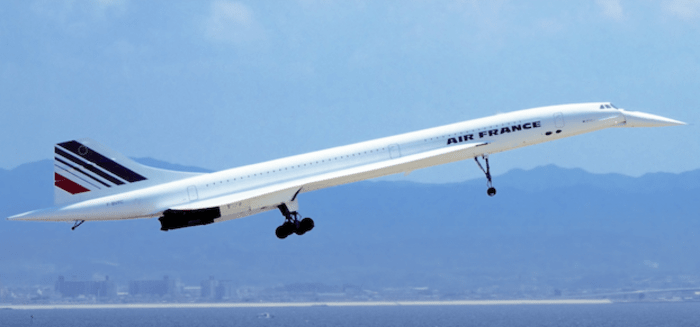Why isn’t Air Travel Getting Any Faster
The main reason aircraft haven't gotten any faster in recent years is due to fuel efficiency. Airplanes consume more energy the faster they fly.

As time passes, technology also tends to improve exponentially. The passing of time is synonymous with progress in technology. In the last few decades, automobiles have become very fast.
However, one of the most common forms of transport, i.e, airplanes, has not seen any advancement in speed; commercial planes have become slower.
It's too easy to take the speed of air travel nowadays for granted. Trips that took days or weeks to complete in the era of ships and steam engine trains can now be completed in mere hours in the age of airplanes. Yet, planes seem to be getting slower.
So, why don’t planes fly faster? It’s surprising to me that we’re still traveling at the same speeds we did back before man had gone to the moon.
Why haven’t air travel gotten any faster?
Well, the answer is complex and has to do with the nature of the air travel industry, and fuel.
The main reason aircraft haven’t gotten any faster in recent years is due to fuel efficiency. Airplanes consume more energy the faster they fly, so airplane makers prefer slower speeds to save money and turn in a profit. Also, modern engines are designed to work more efficiently at lower speeds.
During a flight, airplanes fly at around 85% of the speed of sound, and to go much faster you’d have to break the sound barrier. The speed that is higher than the speed of sound is known as “supersonic speed”. And at this speed, the airflow around the aircraft is much different which means a much different aircraft design, and much more fuel is needed to achieve that speed.
And supersonic flight is not practical for commercial aircraft because it is very fuel-exhaustive and produces a sonic boom (a sound associated with shock waves created when an object travels through air faster than the speed of sound).

This is the Concorde, a British-French turbojet-powered supersonic passenger commercial airplane that operated from 1969 to 2003, had a maximum speed of 2179.05 km/h, which is just over twice the speed of sound.
However, it was a fuel eater and as it produced a sonic boom, it was too noisy and wasn’t very profitable for the company. As a result, the company’s airline economics failed.
Conclusion
Despite such failures, efforts are still being made to make commercial aircraft that have little to no noise production. So, despite everything that was just said, flights may become faster soon.




